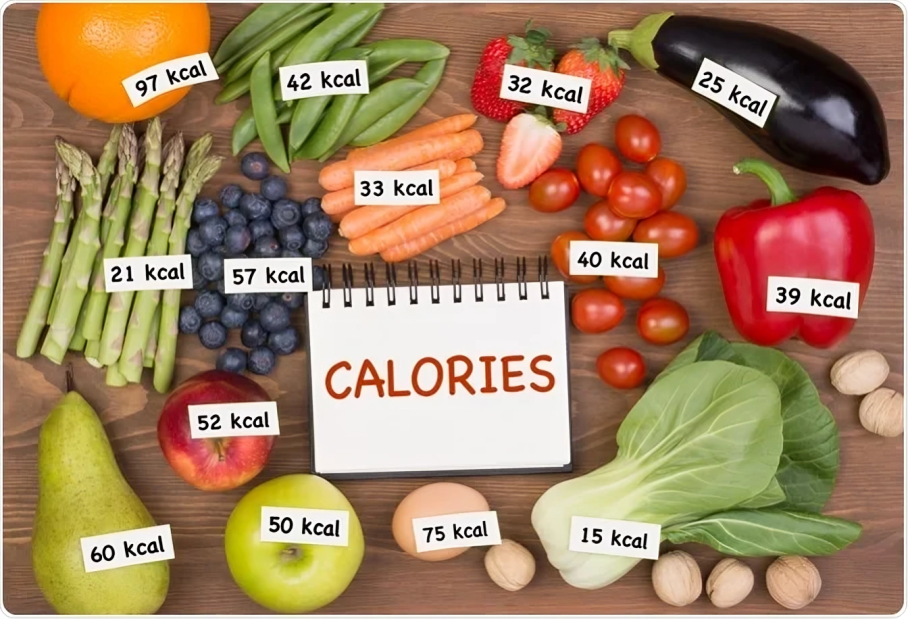Table of Contents
ToggleIntroduction
This term is usually misinterpreted, people use calories in various contexts referring to weight loss, workouts, and well-being. These small packages of energy are required for everything, from the flicker of an eye to the conduction of a marathon. Howbeit, while many people have emotions, associate calories to foods and dieters, they have a much more significant and excellent role. In this article, we will look at the role of calories, what they are and how a balance is created within our bodies.
What Are Calories?
In its simplest meaning, there are an absolute measure of the energy required to perform all bodily processes. Whether we are idle, strolling or exercising, there are what make such actions happen in our body.
The Role of Calories in Our Daily Lives
You cannot run, walk, sit, stand, or even breathe without using energy in your body at some capacity. This energy emanates from the food and beverages you take which contain calories.
However, it is not just how many a calorie you take, but how you burn it. The amount of calories that you require per day depends on factors such as age, gender, weight and exercise routine. For example, a bollishly active individual will have a higher caloric expenditure rate than will a sedentary individual.
The Balance Between Caloric Intake and Output
Maintaining a balance between you consume and the this is you burn is crucial for overall health. The challenge lies in understanding this balance. Many people underestimate how many calories they consume and overestimate how much they burn through physical activity. This imbalance is often the culprit behind unintentional weight gain.
Different Sources of Calories: Quality Matters
Carbohydrates in the form of vegetables, fruits, whole grains, and protein sources offer your body with vitamins and minerals. Unlike snacks whose main role is to provide energy, these foods also ensure that the body activities run as required.
How to Calculate and Track Calories
As for people who would like to keep an eye on their weight, it can be rather advantageous in order to determine the amount of calories one should consume or burn. The initial step is to define BMR – basal metabolic Rate, or, in other words, the number of calories you need to consume daily upon minimum physical activity to sustain essential functions.
The Importance of Physical Activity
Exercise is a critical determinant at the physical level with regards to metabolism of this. Daily movement during the time you are exercising effectively put off thus can be of great help in ensuring that you are not overweight or help you in your weight loss program. However, beyond acting in weight control the body benefits greatly from physical activity by increasing the metabolic rate of the body, increased muscle tone, and improvement in the health of the cardiovascular system.
The Psychological Aspect of Calories and Food
Besides the physical association, energy values have some semantic load in our existence. It is a common thing for individuals to have poor relationship with food: some focus too much on the number of calories, while others give no regard to it. This results in negative eating patterns including eating in large portions or very few calories both of which are detrimental to the health of the patient.











